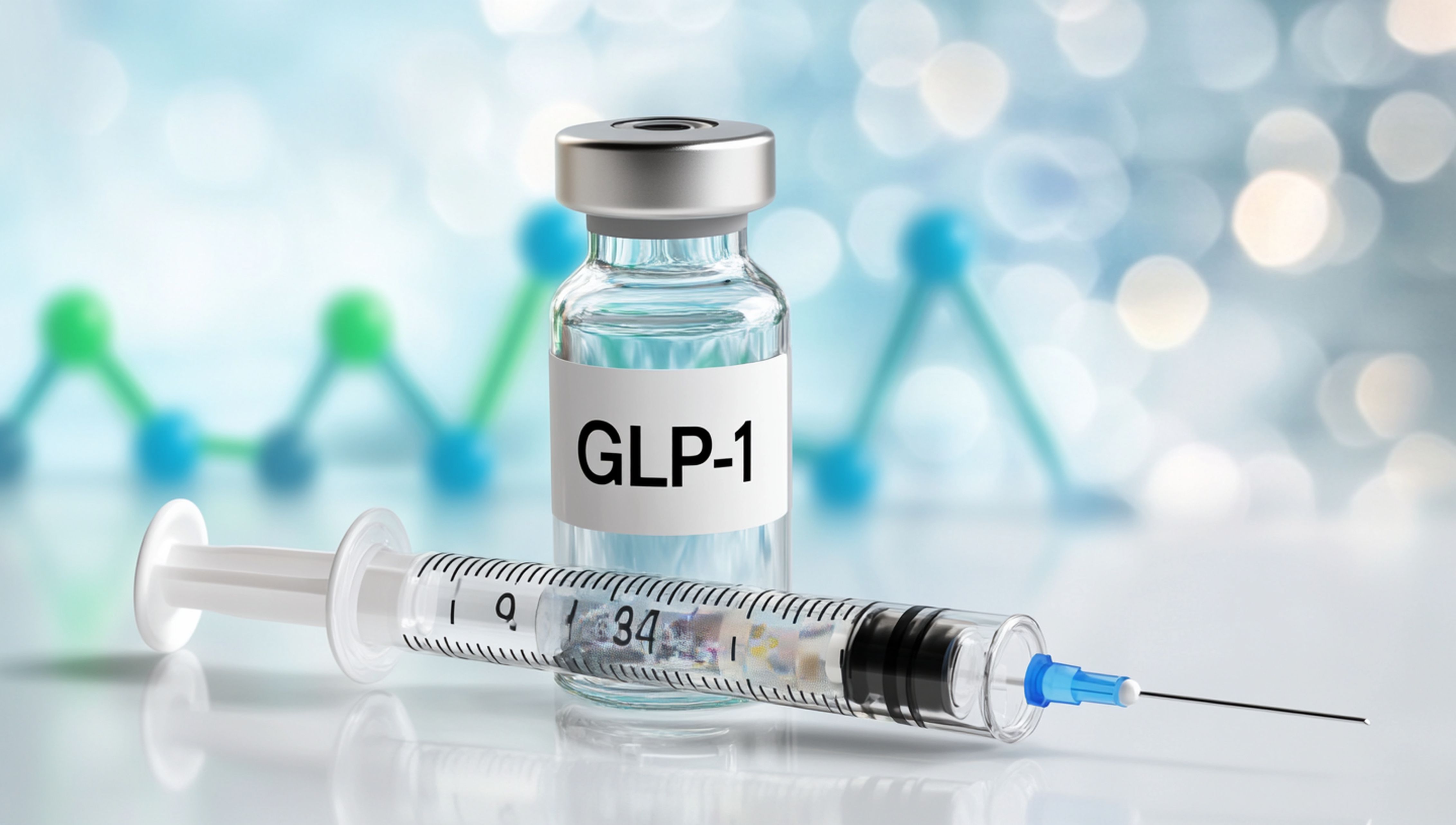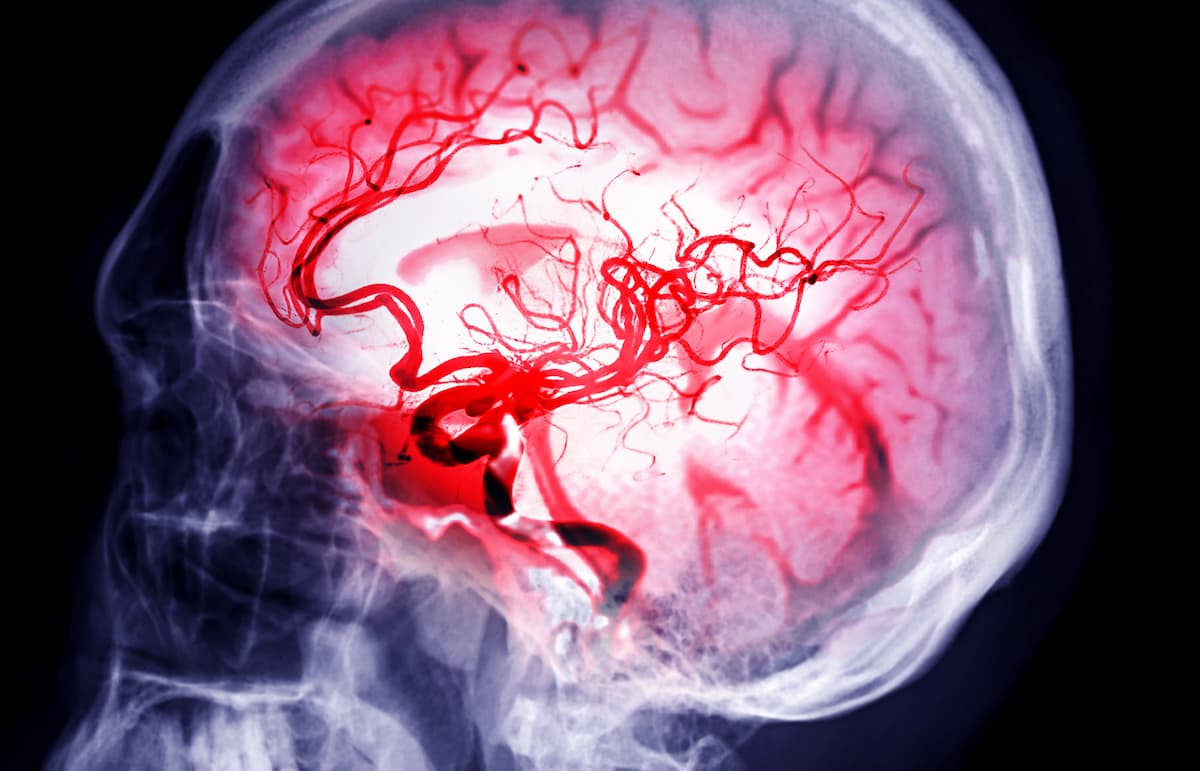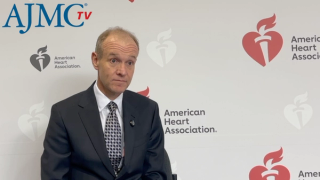
Providers
Latest News
Latest Videos
Shorts



Podcasts
CME Content
More News

CHOICE2 found intraarterial alteplase after thrombectomy raised the odds of excellent outcomes following large-vessel occlusion ischemic stroke.

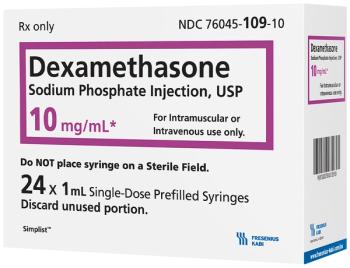
Dexamethasone pretreatment significantly reduces GI complications in DLBCL patients undergoing R-CHOP, maintaining efficacy and improving safety.
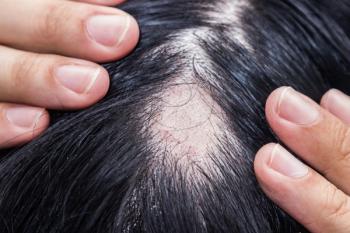
Central centrifugal cicatricial alopecia (CCCA) faces significant diagnostic delays, highlighting the need for increased awareness and education among providers.

Operators demonstrated specialty-specific differences in electronic health record efficiency, timeliness, and after-hours use, highlighting how workflow and training shape documentation behaviors across medical disciplines.

The FDA believes that data on MRD and complete response can expedite new drug delivery compared with long-term survival indicators.

Patients with severe alopecia areata showed significantly elevated systemic inflammatory markers compared with mild disease and healthy controls.

The ACCESS Model signals a shift toward outcome-aligned payments and a necessary reframing of what “value” actually means.

Although the vast majority of physicians using an artificial intelligence (AI) scribe perceived a reduction in documentation time, those with the most actual time savings had higher relative baseline levels of documentation time.

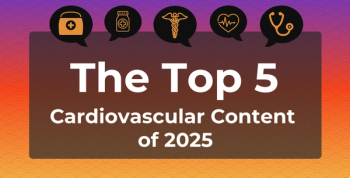
New treatments, care gaps, and cardiac monitoring were major focuses in cardiovascular news this year.

The most-viewed content focused on the “One Big Beautiful Bill,” the Most Favored Nation drug policy, and other changes under the Trump administration.

A reimbursable, team-based remote blood pressure monitoring program significantly improved hypertension control in patients with multiple chronic conditions.
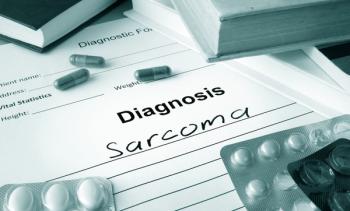
The benefit of trabectedin plus olaparib to all-comers with soft tissue sarcoma was marginal, but the response was more pronounced in certain subgroups.

The cardiac myosin inhibitor is expected to be available in the US in the second half of January 2026.

Genetics played a major role in predicting worsening LVEF, progressing to a dilated cardiomyopathy phenotype, and a combined end point of both.


Community oncology practices can enhance their presence in the community by offering innovative service lines such as multispecialty infusions, and by offering enrollment assistance for better outcomes.

Leaders of OneOncology share how the managed services organization empowers independent oncology practices through advanced technology, clinical trials, and value-based care, enhancing patient-focused cancer treatment.

The meeting included new evidence and expert insights on hormone therapy, AI, and the expanding role of GLP-1 therapies in cardiovascular care.

Leaders describe how shared data, theranostics programs, and coordinated clinical trials support independent practices and advance value-based cancer care.

Intranasal etripamil was approved to self-treat episodes of paroxysmal supraventricular tachycardia, supported by phase 3 RAPID trial data.

How strategic partnerships in oncology can enhance patient care by addressing diverse needs through collaboration.

The foundation of medically integrated pharmacy includes 7 critical pillars. This commentary focuses on the benefits of 3 of those pillars: abandonment, adherence, and access/affordability.

Experts discuss the evolving dynamics between payers and providers in oncology, emphasizing value-based care, data transparency, and collaborative reform opportunities.

